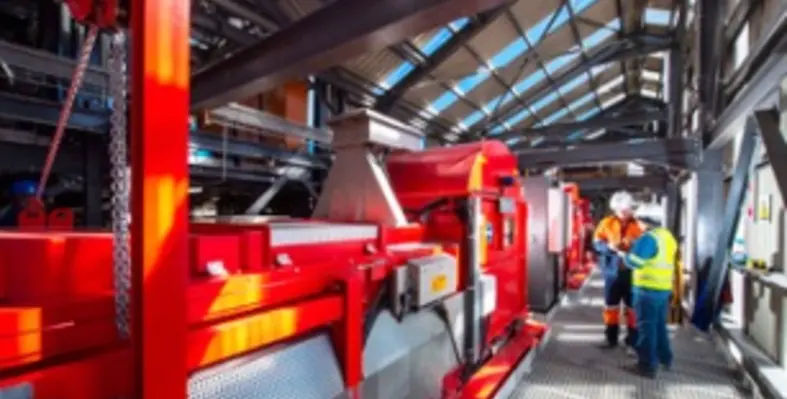TOMRA?s x-ray transmission (XRT) and near-infrared (NIR) technologies have helped to achieve ultra-high diamond recovery rates with limited infrastructure
Additionally, the NIR technology aims to enable operations to reduce processing of non-diamond bearing material, drastically reducing operating costs. TOMRA?s diamond recovery solutions address the specific challenges and requirements of hard Rock Kimberlite, Lamproite and Alluvial applications.
Marie-Claude Hall?, marketing operations manager for leading Canadian diamond exploration and producing company Stornoway Diamonds, said that TOMRA technology has changed the game in terms of rough diamond recovered around the world. Additionally, it allowed producers to access large exceptional quality goods.
Maximising diamond recovery and minimising operating costs are the top challenges for every diamond producer. TOMRA technologies aim to address these challenges effectively and deliver on its promise, including 100 per cent detection in the specified range, irrespective of luminescence profile or coating, and more than 98 per cent recovery.
TOMRA technology deployed in Canada?s Renard diamond mine
The conditions at the Renard mine, the first diamond mine in Qu?bec, Canada, presented Stornoway Diamonds with particular challenges that required an innovative approach. Due to the geology of its ore, it was necessary to sort through high volumes of material. A high level of internal and external dilution meant very high energy costs from crushing a large quantity of non-diamond bearing waste material.
TOMRA worked closely with Stornoway Diamond?s team to design and install a Kimberlite pre-concentration plant featuring its XRT and NIR sorting technologies. These technologies provided a low-cost and efficient means of recovering coarse diamonds without inefficiency and without causing diamond breakage.
?We reduce our power consumption cost, we reduce our wear and tear on material,? Hall? added.








